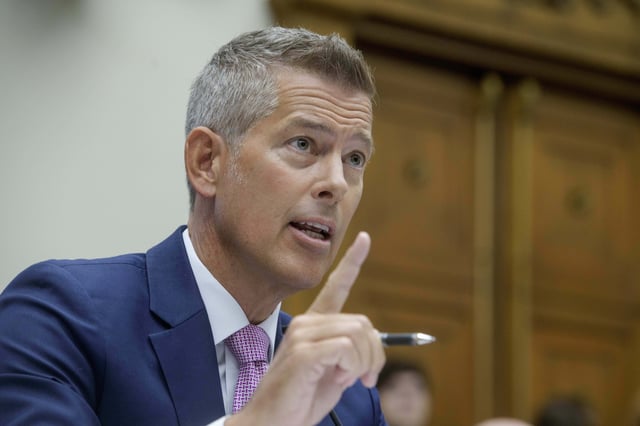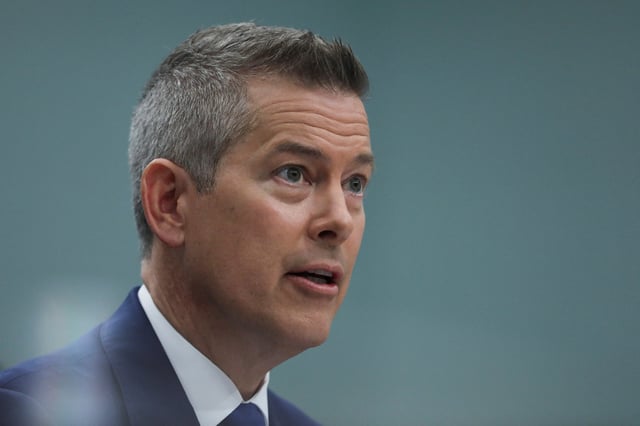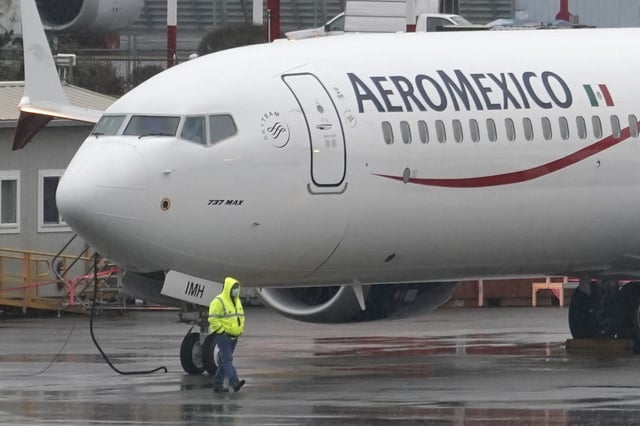Overview
- The US Department of Transportation has ordered all Mexican airlines to submit US flight schedules for advance approval, with potential denials for new services if compliance is not met.
- DOT cited Mexico’s 2022 revocation of slots for US carriers and its 2023 directive forcing cargo operations out of Mexico City’s airport as breaches of the 2016 bilateral air transport agreement.
- Transportation Secretary Sean Duffy warned that blocking Mexican flights and revoking key agreements are options to enforce fair competition and protect American travelers and businesses.
- A DOT proposal would strip antitrust immunity from the Delta-Aeromexico joint venture, ending their coordination on pricing, capacity management and revenue sharing.
- Mexico has not publicly responded to the US demands, leaving the prospect of further regulatory retaliation and its impact on cross-border aviation and trade uncertain.



